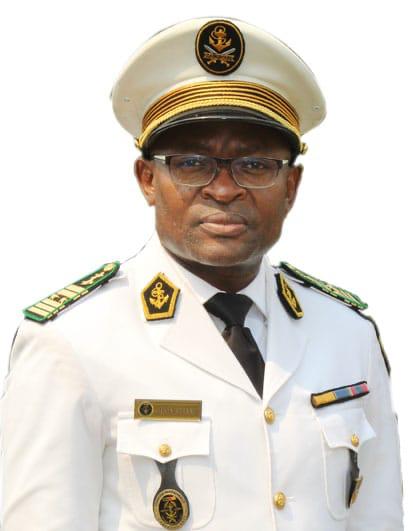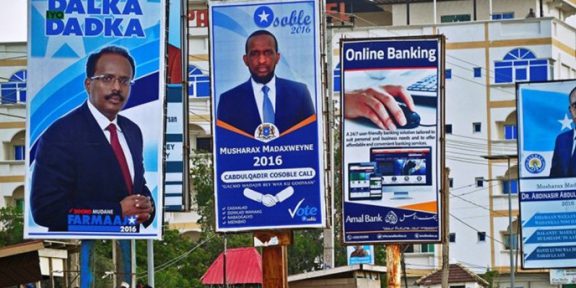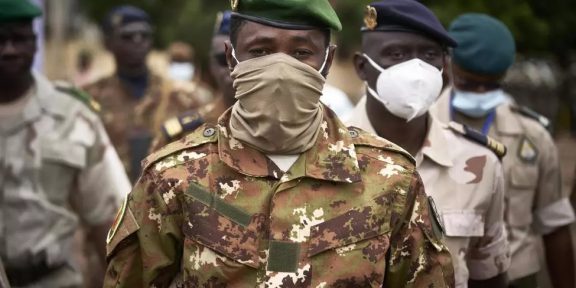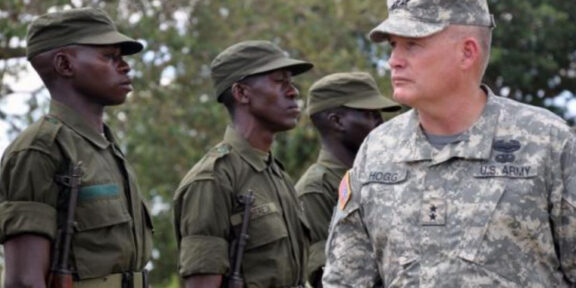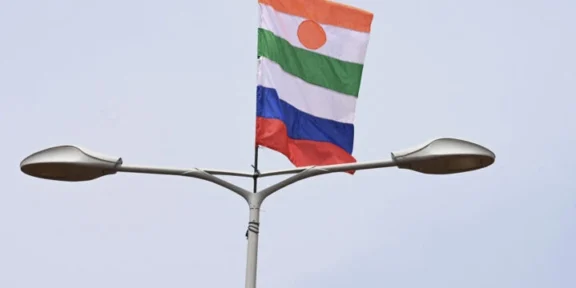When the Berlin Wall fell on 11 November 1989, Germany, militarily occupied, ideologically torn and physically divided, regained its sovereignty and unity. Almost everywhere in the world, the wind from the East, brought about by the collapse of totalitarianism on the European continent had, amongst other beneficial effects, the establishment of democratic multi-party politics as a political system. At the same time, peoples’ sense of sovereignty was strengthened.
Our States, which for so long had been forced to follow the paths laid down by foreign hegemonies and preoccupied with fighting rebellions, very often from afar, were finally able to pursue unhindered their fundamental mission of economic development and the well-being of their people, taking advantage of the many opportunities offered by the diversification of partnerships. The removal of the spectre of another great war, the disappearance of the hotbeds of rebellion and the freedom of international trade made it possible to look forward to a long period of prosperity.
In a rather unexpected way, however, the eager optimism fuelled by democratic openness and the globalisation of trade was thwarted at the global level by the resurgence of antagonisms linked to ambitions for geodominance. At the local level, this was reflected in a proliferation of identity-based hotbeds of insecurity. If it was not the dark Illuminati terrorising people in the name of a confused, merciless and murderous religious purity, it was separatist tendencies unjustified by either their claims or their methods.
The common catalyst of these two pretexts for indiscriminate violence remains an excessive public discourse that increasingly conveys ideas of differentiation, even dissociation, based on political inclination and tribal origin. This is an explosive mix of exclusionary subjectivities that is totally unsustainable and undesirable for any nation that is even remotely concerned with its survival and development. The current tensions and upheavals that will inevitably result should encourage our people to greater unity and solidarity rather than embarking on this enterprise of self-destruction, which is the posture of every man for himself.
Moreover, the global movement is towards reconstructing large regional, continental and transcontinental groups, the only ones that can sufficiently weigh on the balance of geopolitical and geostrategic interactions. Tribal wars, the weakening of institutions and the fragmentation of our States are therefore dangerous paths leading to the worst disaster we have ever seen. We are talking about the reoccupation of our territories and the recolonisation of our peoples in order to monopolise our resources. This is being proclaimed in every possible way so that tomorrow we can use the excuse of surprise.
It is up to us to remain in the emancipatory and unifying dynamism of the East Wind. /-

